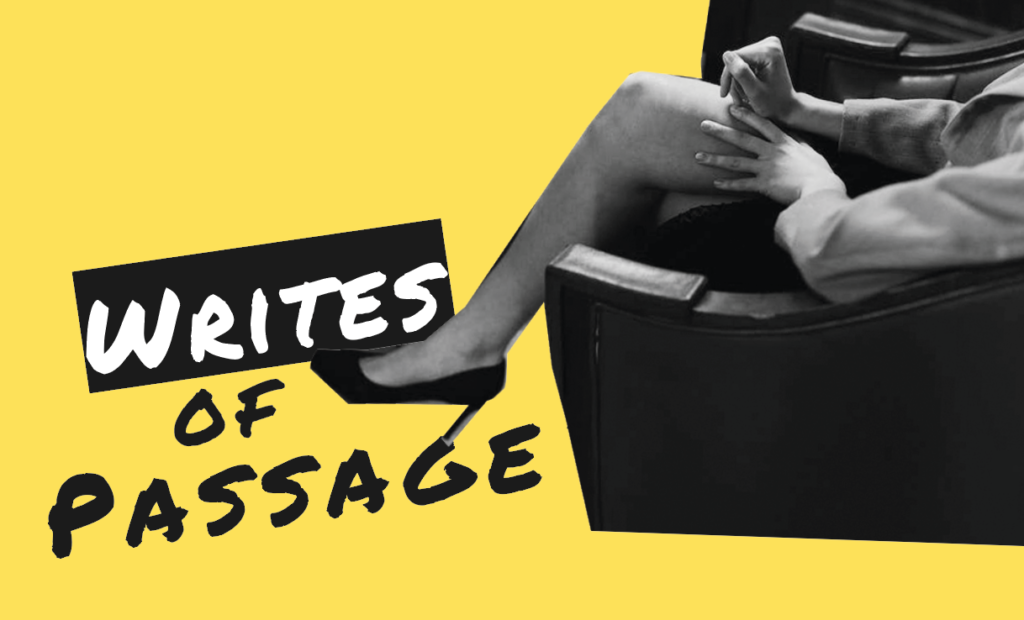Featured image: Joanne Xu
The first year of university can mark the start of an exciting journey towards self-discovery. However, this path is different for everyone. As we dive into a new academic year, aAh! rounds up our favourite coming-of-age novels.
HANGSAMAN (1951)
By Shirley Jackson
This 1950s classic remains an immensely relevant novel. Modern readers will find it both psychologically terrifying and cathartic. Natalie Waite, our 17-year-old protagonist, embarks on her first year of university. While navigating its strange and confusing social dynamics, she experiences homesickness, the suppression of trauma, and other mental health issues. In her battle against loneliness, she escapes into her imagination. This coping mechanism causes her to question her reality and the existence of her ‘self’. Natalie’s ability to overcome her fear and insecurity makes Hangsaman a harrowing tale of self-realisation, sure to leave readers with a sense of hope for the journey ahead. [Kayla Monteiro]
THE IDIOT (2017)
By Elif Bautman
The Idiot, by Elif Bautman, is a quick-witted novel that offers an accessible, thought provoking analysis of the modern university experience. This 2008 finalist for the Pulitzer Prize examines a year in the life of Selin Karadağ, a Turkish linguistics student raised in America. It begins in the mid-90s, just as email is first being popularised. For Selin, the ability to hide behind a screen creates a confusing landscape of hyper-reality most readers will recognize today. Through its humorous style, The Idiot explores the cognitive dissonance between written language and physical communication, and how this affects our relationships with each other, and ourselves. [Kayla Monteiro]
THE INSEPARABLES (2021)
By Simone de Beauvoir
Sylvie watches best friend Adrenné blaze and disintegrate under the restrictive gaze of her orthodox family. When Adrenné joins Sylvie’s class they become inseparable, uniting against the oppressive notions of adults. Sylvie admits her adoration for Adrenné. The next morning it is forgotten. Adrenné opts for stimulants over food, suffocating under her parents’ refusal to allow her autonomy. Adrenné is the fictionalised Zaza, De Beauvoir’s childhood friend whose death by viral encephalitis haunted the author throughout her life. Deciding not to publish this story in her lifetime, perhaps De Beauvoir wondered if the true messiness of real lives can be tidied into a story. [Sarah Lane]






Leave a reply